Dr. James Cummings recently graduated from Newcastle University with a PhD in Sociology. Here he reflects on his PhD experience and dispenses some top tips for students who are about to start out on their own PhD, as well as for those who are still in it, and need a reminder that it’s all going to be a-OK!
Editor’s note: This is an abbreviated version of a presentation James gave at Newcastle University in June 2019. The full presentation can be found here.
I actually found it surprisingly difficult to sit down and begin putting together some thoughts about my PhD experience. I think part of the problem is that looking back, it doesn’t feel like clearly definable journey, something with a definite start, end and separable periods along the way, and it is certainly not something that now, having passed my Viva and made my final submission, I feel that I can look back on and give a concise summary account. Of course, there are those more tangible moments that we can pin the story of our PhDs on: project approval, the APR, ethical approval, fieldwork, writing up, submission and the Viva. But the PhD is much more than this series of stepping stones.
Having said this, however, I think the metaphor of stepping stones is perhaps a useful way to begin to think about the PhD journey. If pinpoints like project approval, the APR, or, further down the line, the completion of a certain chapter and even the Viva, are like stepping stones through a river, then ‘the PhD experience’ is something more like the water that rushes between these points; sometimes the water is clear, sometimes it’s murky; sometimes it’s calm and cooling, sometimes scary and seemingly out of control; it is something that often leaves us feeling out of our depth, struggling to keep our heads above the water, but also something in which we cast ourselves adrift and can be led to new discoveries, both academic and personal.
So what I want to share here are some of my experiences of wading through a PhD, some of the excitement and sense of achieve that comes with each step, some tips for standing up against the tide and some experiences of losing my footing, getting caught in whirlpools, but eventually, with the help of others, pulling myself out again. I hope that there is something in what I have to share that everyone can relate to, but I think it is important to start off by saying that just like if wading through a river no two people can step into the same patch of water, there is no singular or standard ‘PhD experience’.
Top tips for Surviving and Thriving during your PhD
1. Everyone’s experience of a PhD is different.
What works for one person might not work for another and we all work at different paces and intensities. While it’s sometimes tempting to compare ourselves to others as a way to try and gauge our progress, and we might long a universal secret to success, there is a limit to how useful such comparison or catch-all advice can be. When I think about my PhD cohort, each of us had very different experiences; we struggled with different aspects of the journey and excelled at different stages. Although we all helped each other along the way, each of us had to find a pace and style that worked for us.
2. Losing confidence and losing your way is completely normal and part of the process.
One of the most salient features of my PhD were the constant shifts in confidence. Over the course of my PhD, across the different aspects of my thesis and even over the course of a single day I often went from feeling like I knew exactly what I was doing and that what I was writing was insightful to feeling that I was completely lost and that everything I wrote was pointless.
I think one of the most important things to try and do along the PhD journey, but also one of the most difficult, is to maintain confidence in the value and quality of our work and our ability to complete it. This is important not only for our own happiness and stability, but with confidence comes excitement and motivation, and the whole process of doing the PhD become easier.
Losing confidence and losing your way is completely normal and part of the process. Thinking carefully about where uncertainties are coming from may turn them into opportunities for progress of a different kind.
3. Know your strengths and passions and use these to your advantage…
…especially when you feel stuck or lose confidence. Of course, an integral part of the PhD is being pushed out of comfortable ways of thinking and developing new skills, but knowing our individual strengths and returning to these when we need to can be an important way of regaining confidence, overcoming writers block and re-energising ourselves.
4. Spend time in your shared office, share your concerns and share your PhD journey with those around you.
I think that one of the things that makes us so susceptible to losing confidence and feeling lost along the PhD journey is the fact that it can be a lonely process; we devote ourselves to our individual projects and the thesis can sometimes feel like a rabbit hole that we’ve fallen into and can’t find our way out of again. Added to this is the pressure of knowing that responsibility for the quality of our research rest largely on our individual shoulders. We can often end up feeling alone and overwhelmed. This was certainly something that I felt at various points, especially during writing up, when the thesis begins to take shape but can feel like a hole that you’re digging deeper and deeper, and I know that loneliness was something that others in my PhD cohort struggled with. To some extent, this is unavoidable; we are the sole authors of our theses and no one else is as caught up in the minute details of our research as we are. But there are ways of coping with and reducing the feeling of isolation.
For me, one of the most important things that got me through my PhD and made me feel less alone was working in a shared office and having people around me who were going through the same issues. For all the trials and tribulations of doing a PhD, I still found it a massively enjoyable journey and I owe a lot of that to the people that I shared an office with. Even though we all worked on very different projects, having others around me with whom I could share my worries and talk through ideas made it so much easier to articulate and face up to a particular problem. Often just having someone to try and explain a problem to and the process of speaking out loud, was enough to put things in perspective, to gain clarity, and find a way to move on. Also, listening to other people’s worries reminds you that you are not alone and that it is normal to struggle.
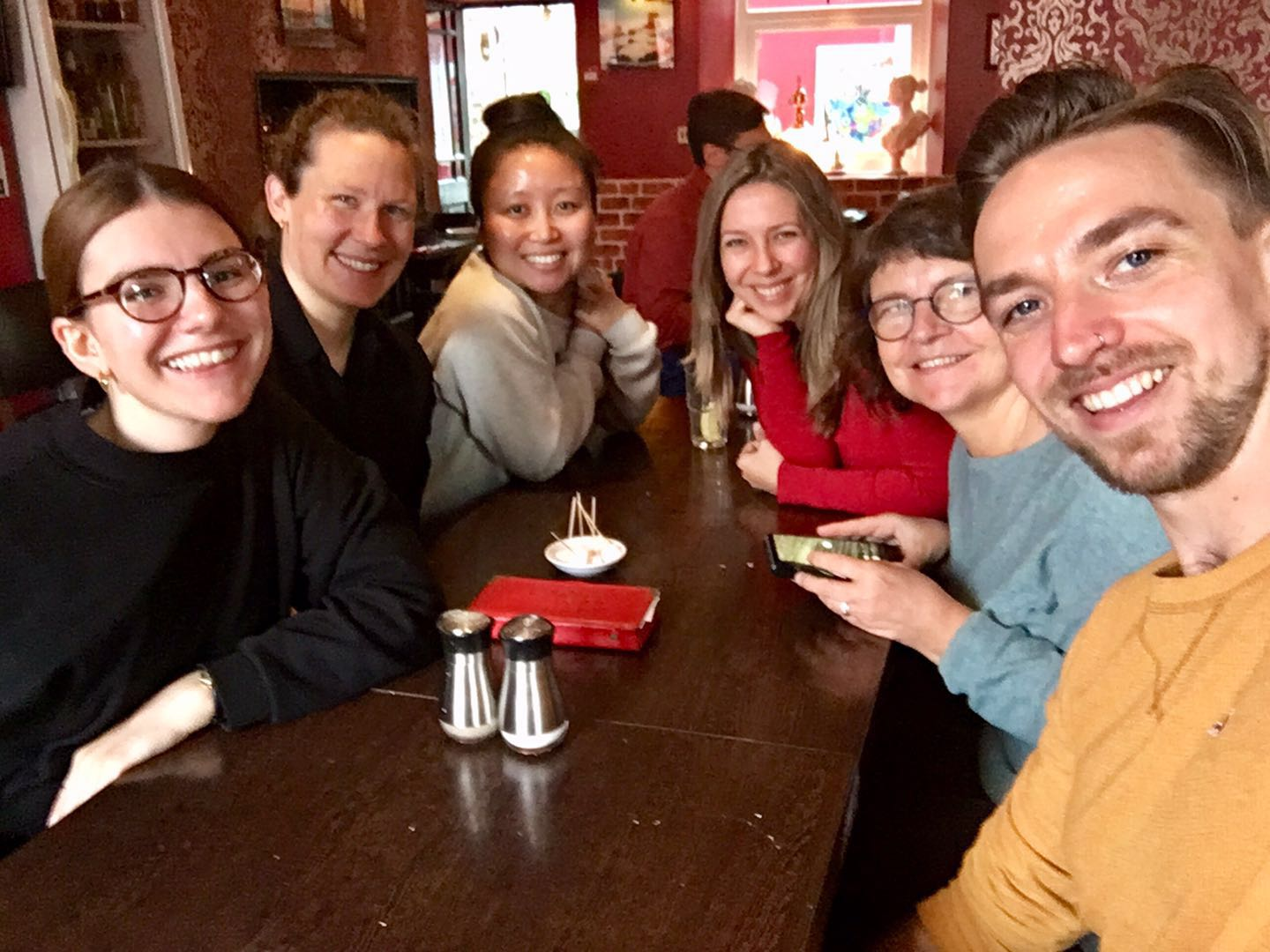 5. Get involved with activities in the department and think of yourself as part of the research community.
5. Get involved with activities in the department and think of yourself as part of the research community.
In addition to feeling a sense of belonging to my office, something that has been very important for me is a sense of belonging to the department. This certainly helped me to feel less isolated and to feel that I haven’t just been working on my own research but have been part of a research community and contributing to the research culture in Sociology. This has also been the most important way in which I’ve gone from coming into the PhD feeling like a student, to finishing my PhD feeling like an academic.
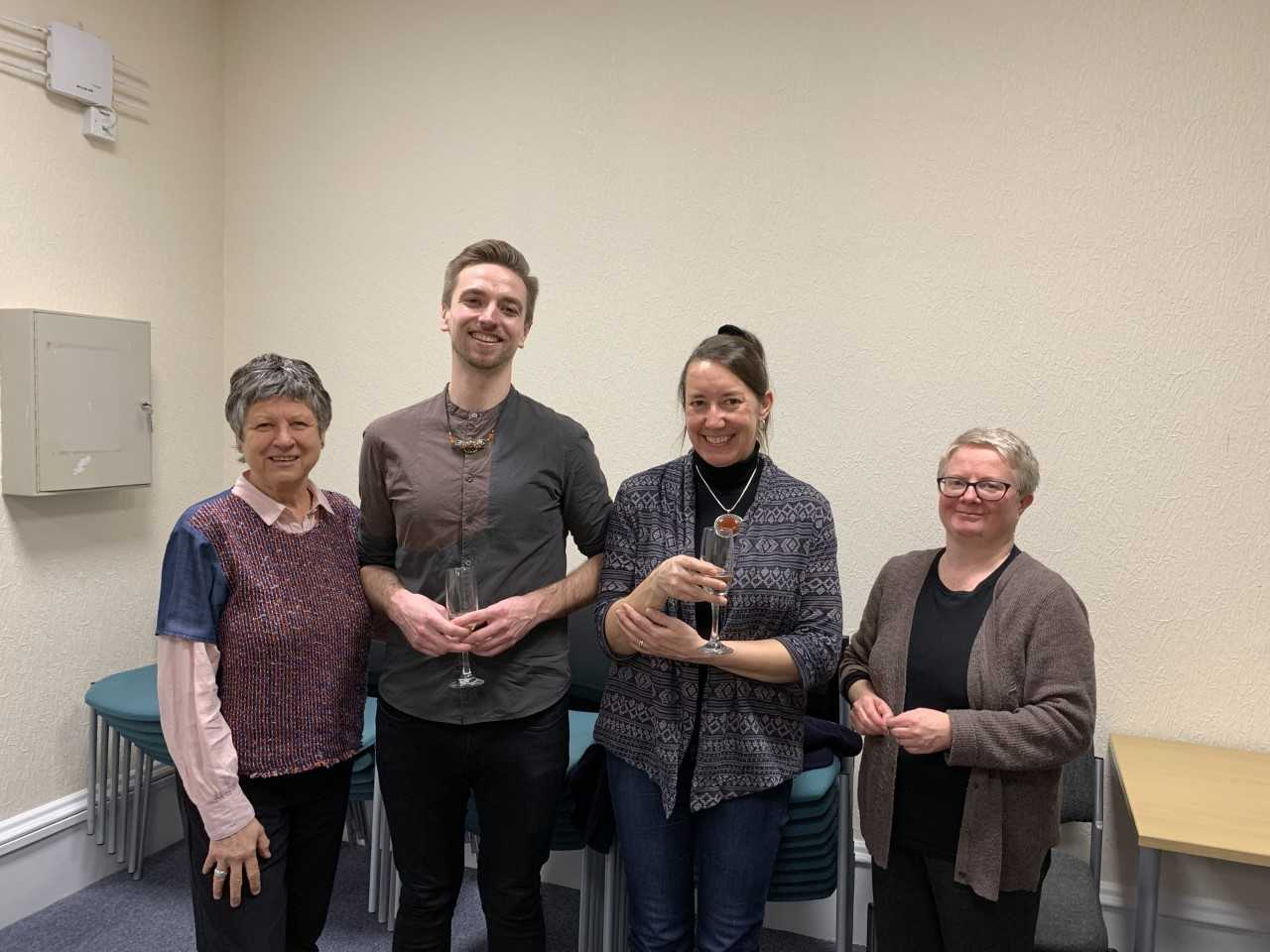 6. Make use of your supervisors.
6. Make use of your supervisors.
One of the key sources of support during the PhD process is, of course, our supervisors. Besides ourselves, the only other people who are deeply invested in our research and have an understanding of the specific problems that we might be facing are our supervisors. For me, my supervisors have been an incredible source of guidance and support.
7. Try to find a work routine and give yourself time and space to switch off.
Another problem that can arise in the PhD is the feeling that it is taking over your life; you wake up thinking about your research; you spend all day working on your research; you go to bed thinking about your research and, on occasion, you wake up in a cold sweat in the middle of the night having dreamt about your research. Sometimes, the way that the PhD pervades every moment of your life is unavoidable, particularly during intense periods of writing, and the only way to cope with this is to constantly carry a pen and note pad with you so that when an idea comes to you, you can note it down to think about later. However, I think it is also important to try and find ways to take time out from the PhD and to set some time aside to work on other things. It is much easier to maintain motivation and excitement about your research, and avoid exhaustion, when you feel that it is something you are engaged in for a defined period of time and working through in small steps, rather than something that is constantly weighing on your mind.
This doesn’t necessarily mean being in the office nine to five, Monday to Friday and it may be a matter of finding times and spaces that work for you. But it can be very helpful to aim for a routine and structured approach to work, especially during the writing up stages when we are most susceptible to feeling overwhelmed.
8. Diversify your PhD experience, break up the monotony of writing up with activities that are exciting but still feel productive.
Allowing time to get involved in activities that may have a connection to your PhD but don’t involve sitting down and writing can be a good way to maintain momentum and feel that you are being productive, while also taking a break from staring blankly at a word document wishing that words would appear.
There are all sorts of activities that can play this role. For me, teaching, in particular, has been an opportunity to take a break from writing while still doing something that was part of my PhD experience in a broader sense. I know that for others such activities have included organising events and conferences, making and showing films, writing short pieces for non-academic audiences, and engaging in volunteer work connected their research.
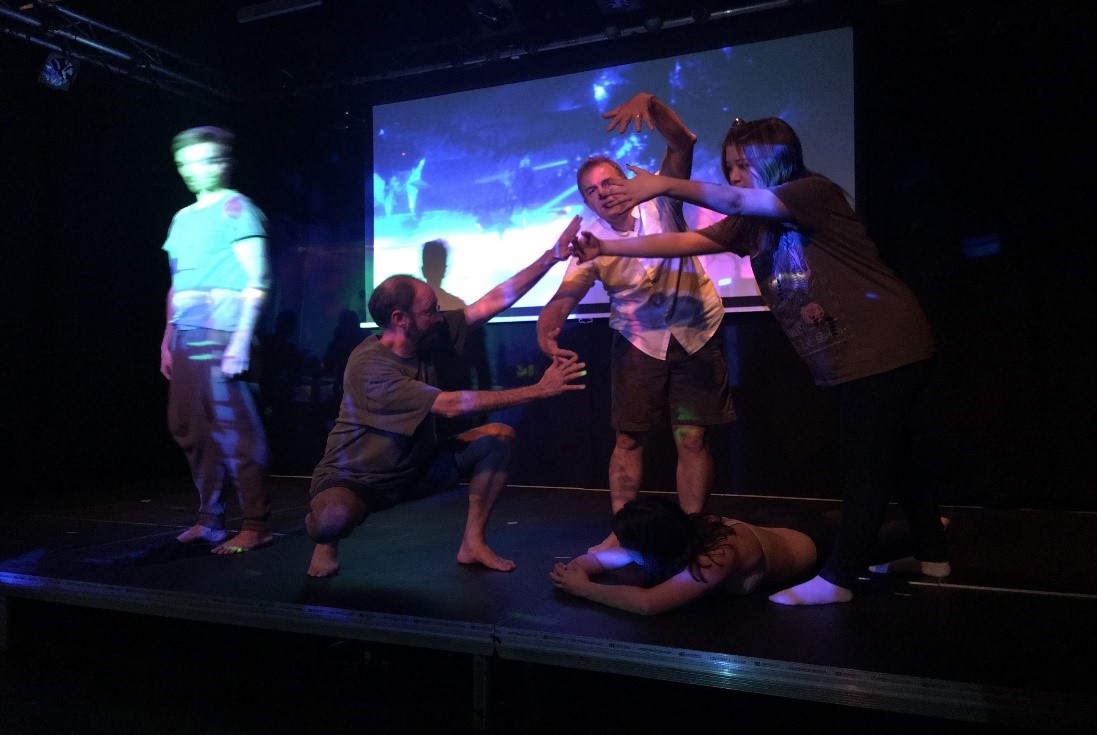
9. Sometimes you just have to power through and commit to getting something finished.
In spite of everything I just said about small achievable tasks and a comfortable work routine, there may still be times when you have to commit to finishing something, which may mean working through the night or typing out a stream of consciousness until everything you want to say is down on paper. It can be hard to push yourself in this way, especially in the early stages of writing up when your submission deadline seems far enough away that it won’t matter if you spend another week working on a chapter. But in my experience, a week can easily turn into two weeks, then a month, and so on. Sometimes, it is worth pushing yourself to hit a deadline and moving on to something else, even if this means producing work that you are not entirely satisfied with.
10. Your thesis doesn’t have to be perfect, it just needs to make sense and be finished.
This is of course easier to say than to put into practice and I know that the fact that we have chosen to do PhDs means that we are largely the sort of people who obsess over details and nuances, but I always found it helpful to remind myself that the PhD is our first piece of independent, large-scale research; it is not a magnum opus; it is only the beginning of our research careers and is bound to have its faults and things we wish we had more time and space to work on. A thesis has its limits and sometimes a well-used footnote that begrudgingly acknowledges these limits and gives you license to move on might just save you months of anguish and frustration.
So, those were my ten tips for surviving and mostly thriving during your PhD, these are things that I wish I could have told myself at the start of my journey, things I learned along the way and things that worked for me.
Of all of these, perhaps the first and the fourth points are most important, at least they were for me. The PhD is very much an individual journey and we can’t always judge our own success and progress through comparison to others, but this doesn’t mean that we are in it alone. It is a journey that we make alongside others and, for me, it was the support of friends and colleagues that carried me through my PhD and made it an enjoyable journey.
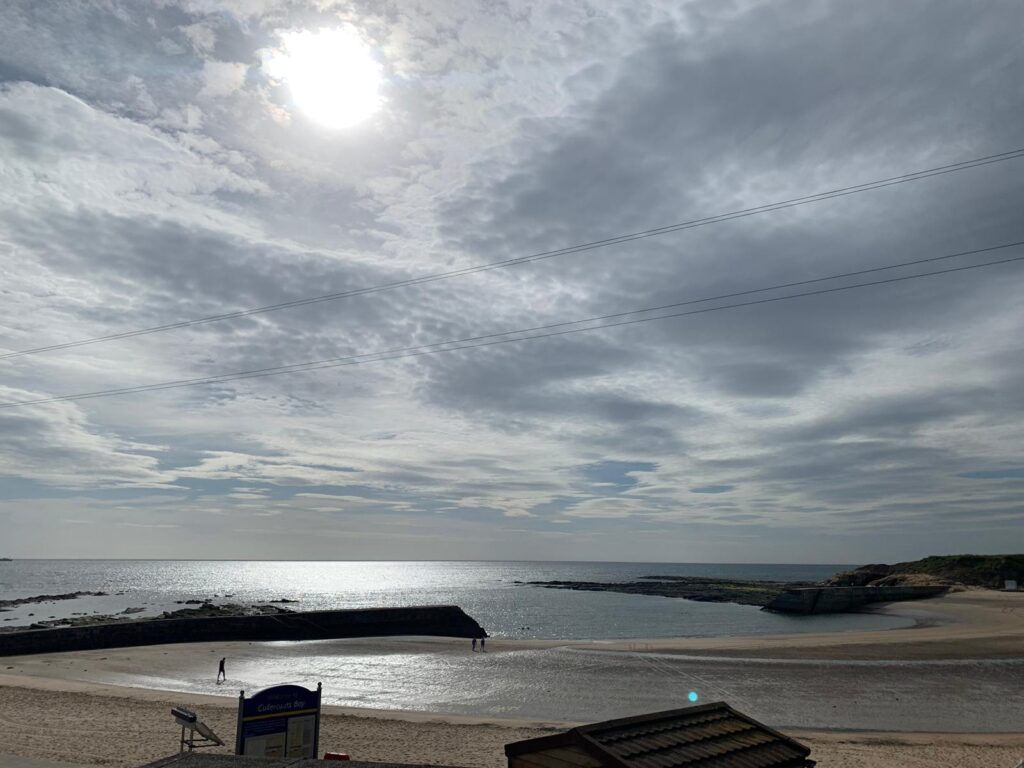

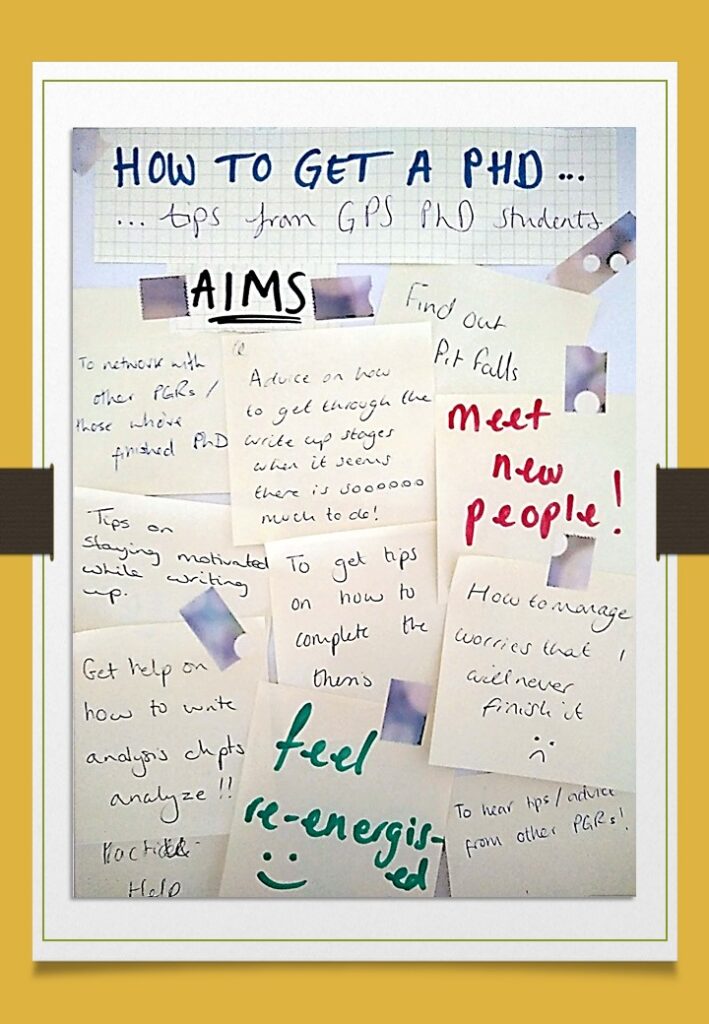
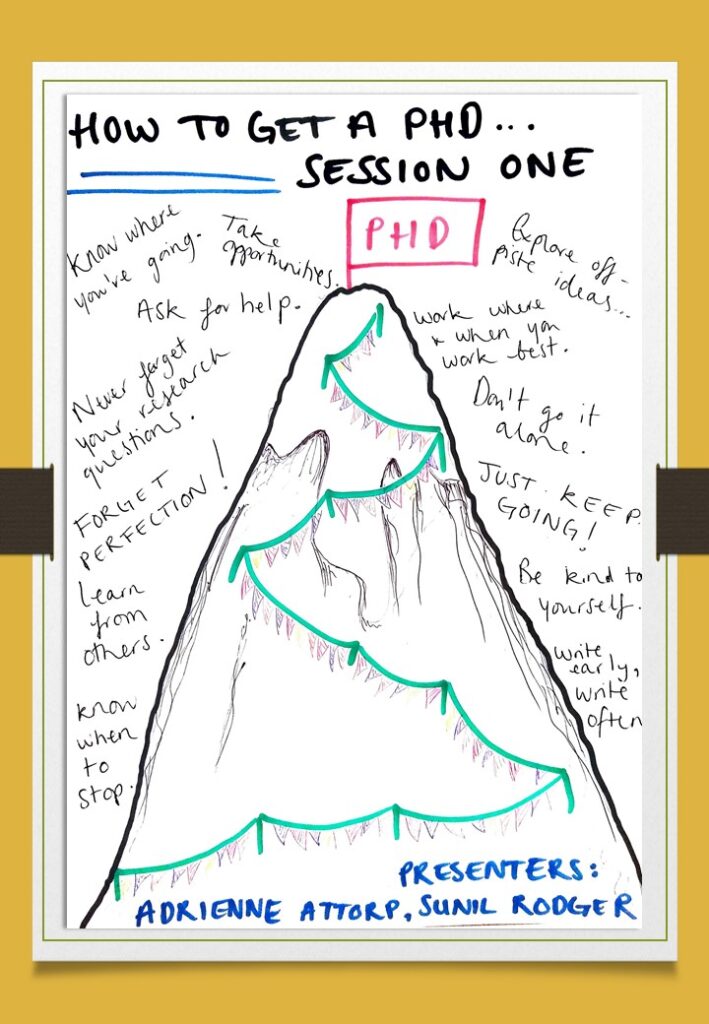
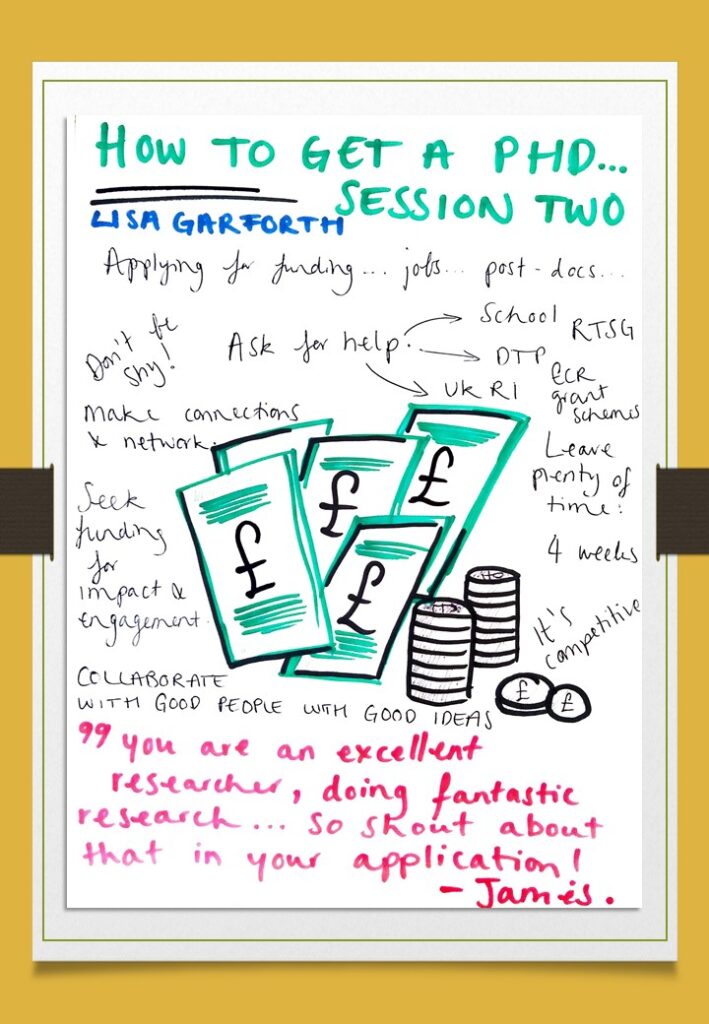
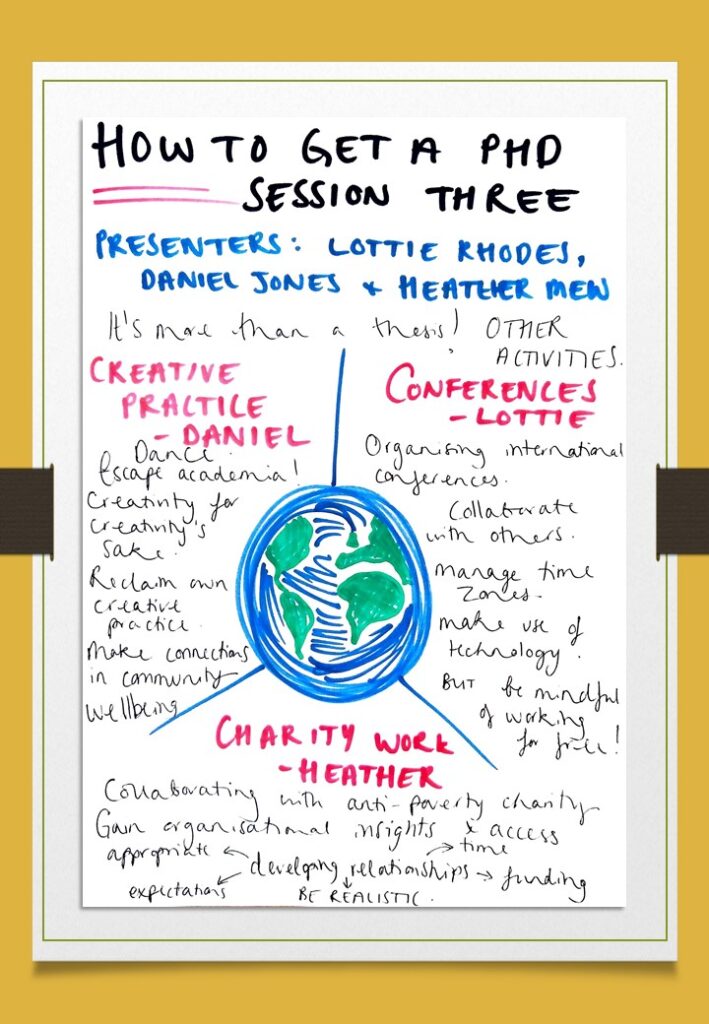


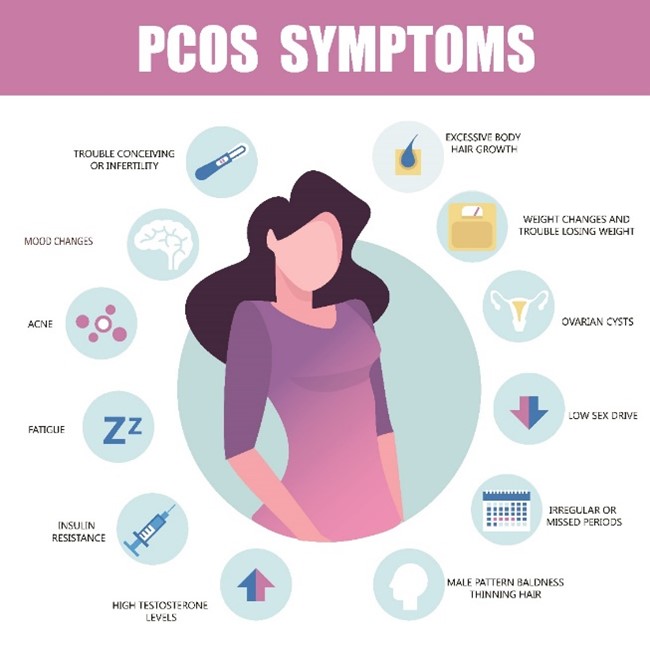
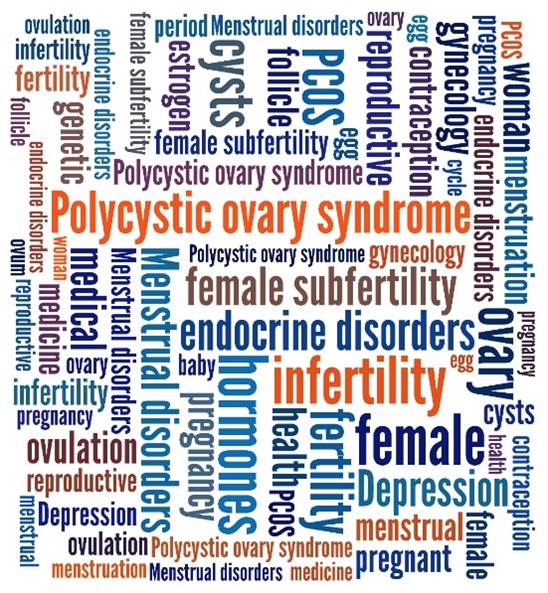
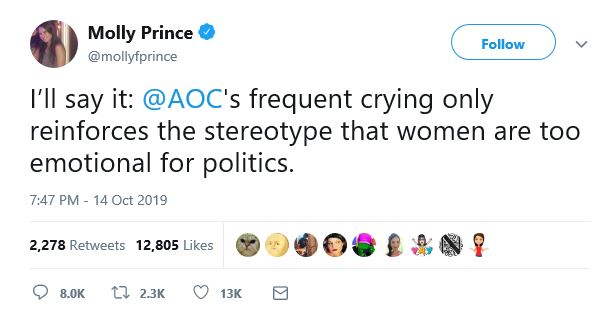

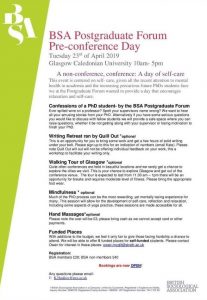
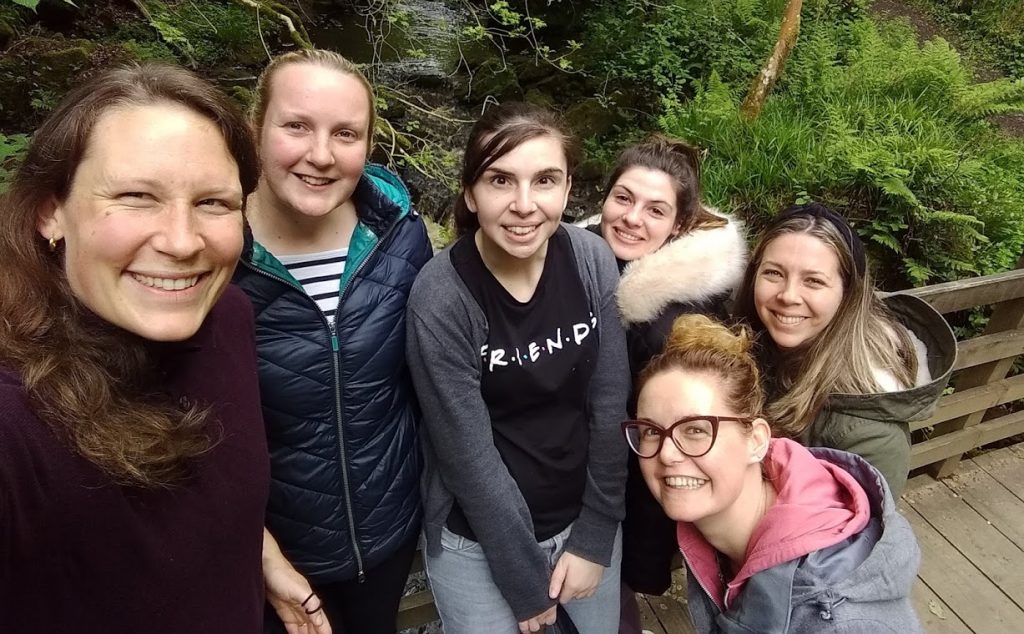
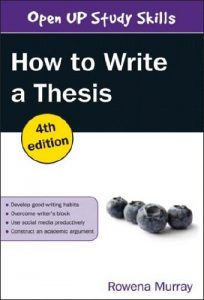
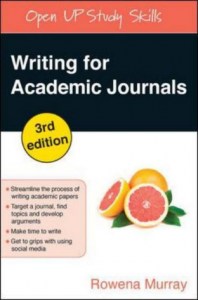
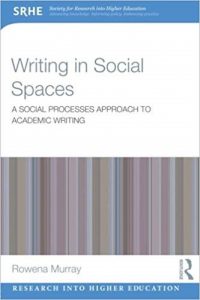
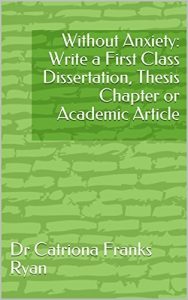
 5. Get involved with activities in the department and think of yourself as part of the research community.
5. Get involved with activities in the department and think of yourself as part of the research community. 6. Make use of your supervisors.
6. Make use of your supervisors.
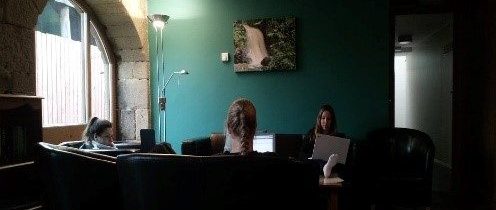
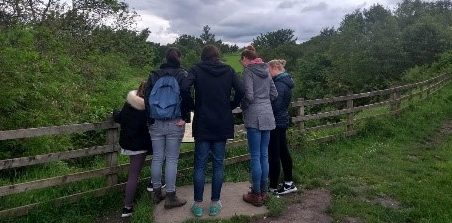
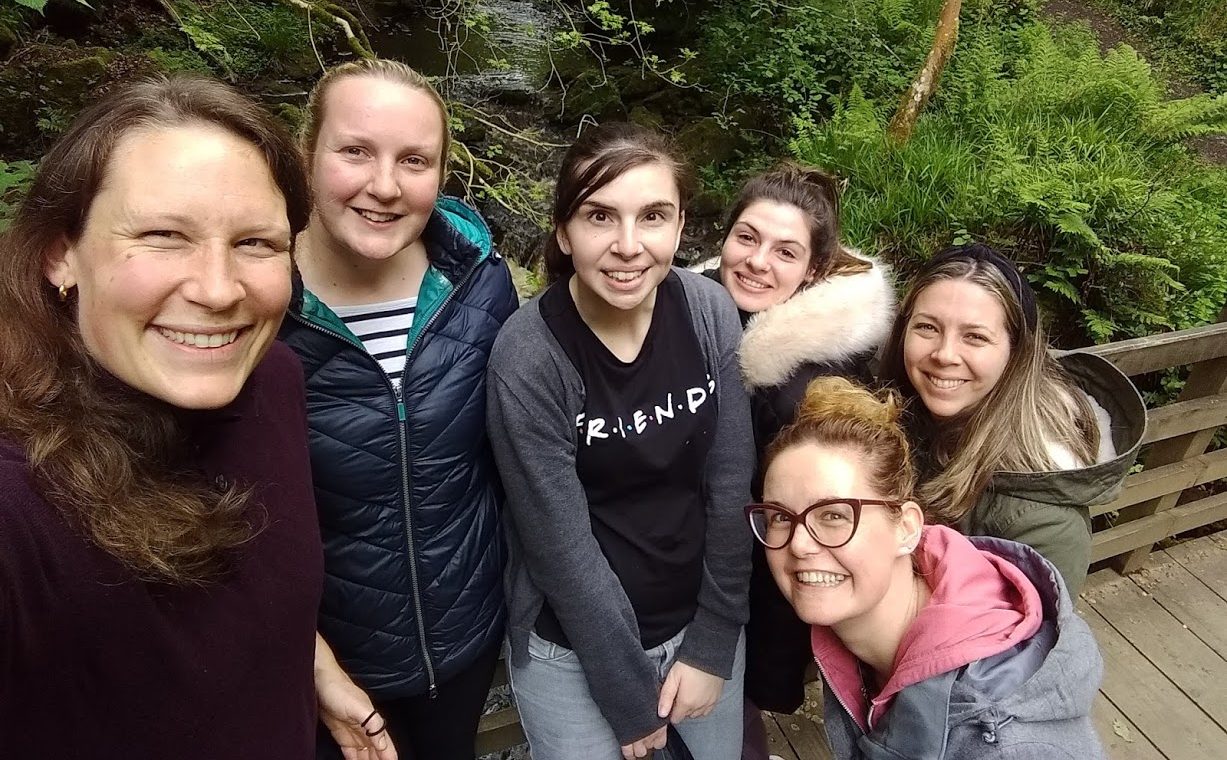
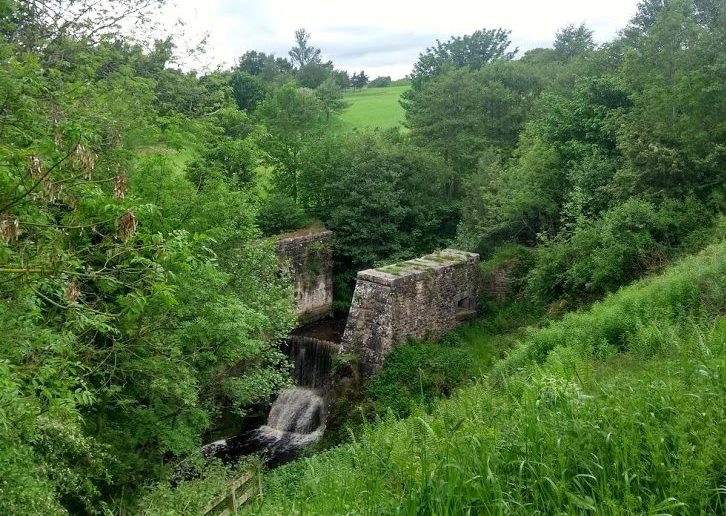
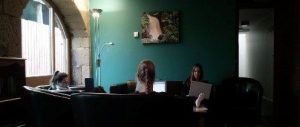
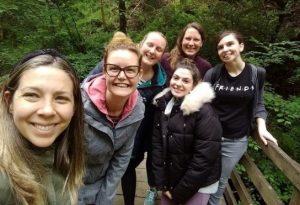
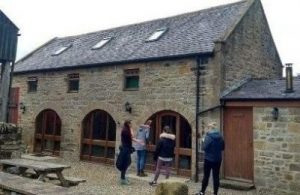
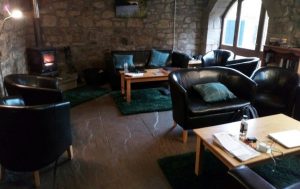
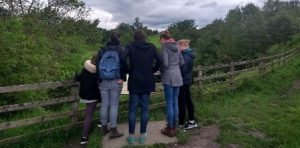

 Miseducation
Miseducation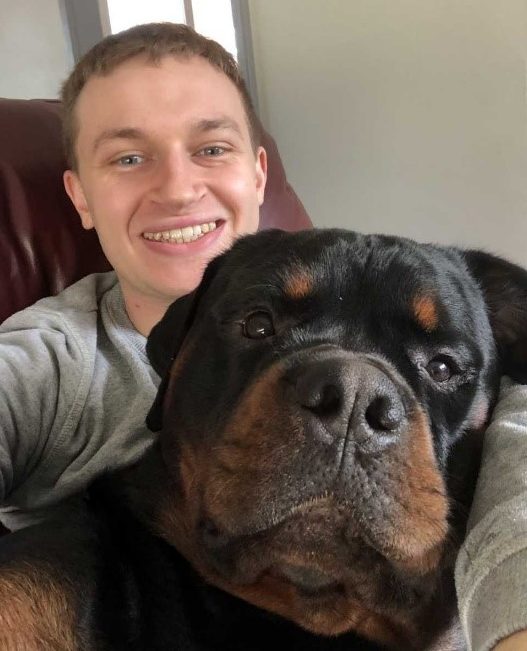 As a proud Rottweiler owner
As a proud Rottweiler owner